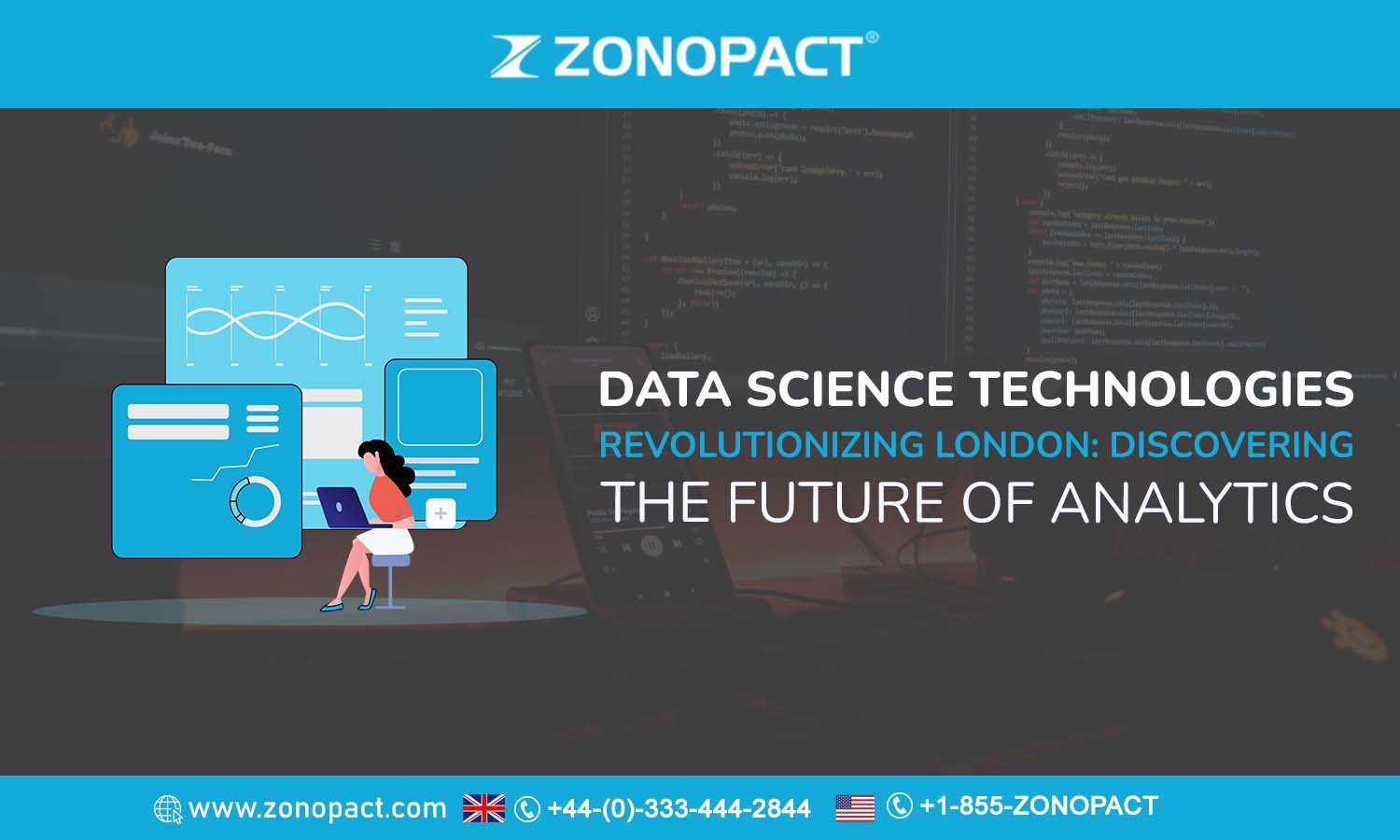
In the ever-evolving landscape of technology, data science has emerged as a powerful force driving innovation and transformation across industries. Nowhere is this more evident than in the bustling metropolis of London, where cutting-edge data science technologies are revolutionizing the way businesses operate and make informed decisions. From predictive analytics to machine learning algorithms, London is at the forefront of harnessing the power of data to gain valuable insights and drive growth. In this article, we will delve into the exciting world of data science technologies that are shaping the future of analytics in London. Join us as we explore how businesses are leveraging these advancements to stay ahead of the competition, optimize operations, and unlock new opportunities for success. Get ready to embark on a journey of discovery as we uncover the transformative potential of data science technologies in the heart of London’s vibrant business landscape.